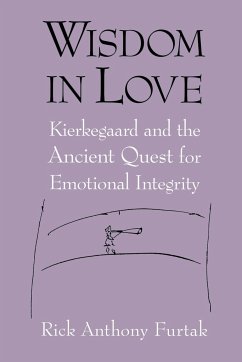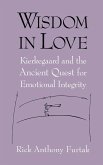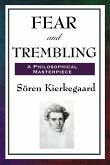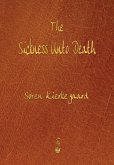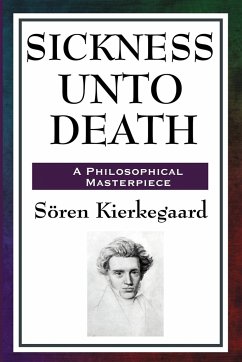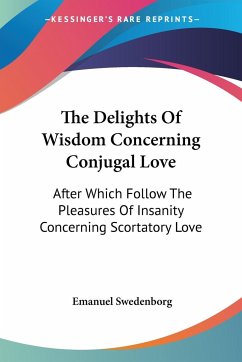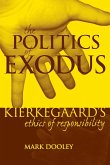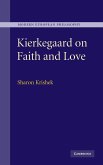In this historically informed work in moral psychology, Rick Anthony Furtak develops a conceptual account of the emotions that addresses the conventional idea that reason and emotion stand in sharp opposition. Furtak begins with a critical examination of the ancient Stoic position that emotions ought to be avoided by rational human beings. He argues that, on the contrary, emotions ought to be understood as embodying a kind of authentic insight, which enables us to attain a meaningful and truthful way of seeing the world. Furtak's positive alternative to Stoicism draws heavily on the writings of Søren Kierkegaard, particularly Either/Or and Works of Love, while also engaging with a wide range of other relevant philosophical, literary, and religious sources. He argues that a morality of virtue and narrative awareness is necessary for accurate emotional perception, and then attempts to define a qualified value realism based upon a reverential trust in love as the ground of human life. The outcome of this inquiry into the possibility of reliable emotion is an account of the ideal state in which we could trust ourselves to be rational in being passionate.
Hinweis: Dieser Artikel kann nur an eine deutsche Lieferadresse ausgeliefert werden.
Hinweis: Dieser Artikel kann nur an eine deutsche Lieferadresse ausgeliefert werden.

